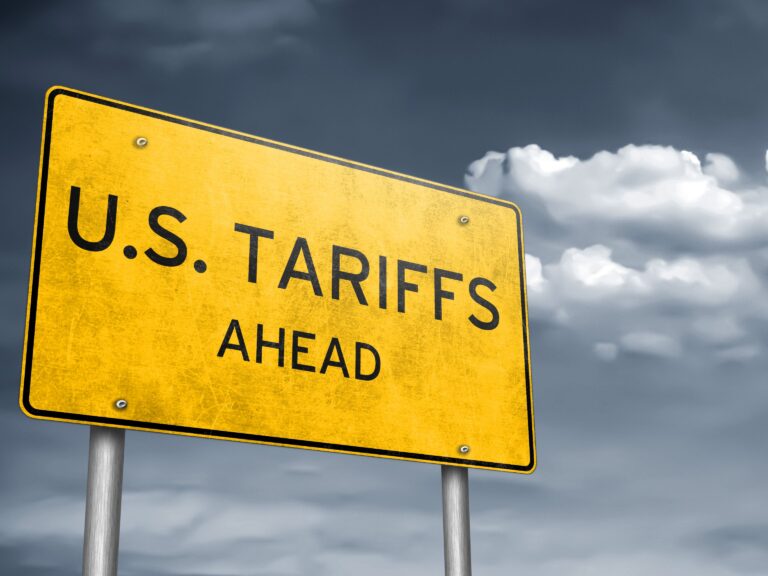April 1, 2025
This is an excerpt from a CNBC article published on April 1-2, 2025, titled “Trump tariffs: Smart money moves to make during times of economic uncertainty” in which I was featured. For the full article, please visit the CNBC website.
Navigating Uncertain Economic Times
With President Trump’s recent enactment of various tariffs—including a 20% blanket tariff on imports from China, a 25% levy on goods from Canada and Mexico, and a 25% tariff on all imported aluminum and steel—many Americans are feeling uncertain about the economy and rising prices.
Consumer confidence for future conditions dropped to a 12-year low in March, according to the Conference Board.
As the founder and managing partner of RGA Investment Advisors, I was interviewed by CNBC about strategies to navigate these challenging times.
Stay Thoughtful and Create Financial Flexibility
When asked how Americans should respond to the economic uncertainty surrounding these tariff implementations, I emphasized,
“For most people, the best response is simply to stay thoughtful.” says Jason Gilbert, founder and managing partner of RGA Investment Advisors.
This approach recognizes that while we can’t control price swings or market volatility, we can control our own financial decisions and planning.
Create Financial Flexibility
When asked how Americans can create financial flexibility, I explained,
“Start by building flexibility into your existing spending plan, if you can. Whether you create a comprehensive budget or not, it’s smart to take stock of your monthly fixed costs and see if there’s room to create a cushion.” Jason Gilbert says.
This financial flexibility is crucial when facing potential price increases due to tariffs or other economic factors.
Maintain Healthy Financial Habits
The cornerstone of my advice focused on maintaining sound financial fundamentals: Keep your emergency fund healthy, avoid unnecessary debt, and don’t let headlines drive your decisions.
I stressed that staying grounded financially is what creates peace of mind, no matter what the news cycle brings.
This principle remains true regardless of current economic volatility.
The article noted that experts generally recommend having three to six months’ worth of expenses saved for emergencies, but suggested that adding extra to that fund may be wise given potential price changes that could make unexpected costs more expensive.
This excerpt contains my contributions to an article published by CNBC on April 1-2, 2025. To read the full article with additional expert perspectives and economic analysis, please visit the CNBC website.

